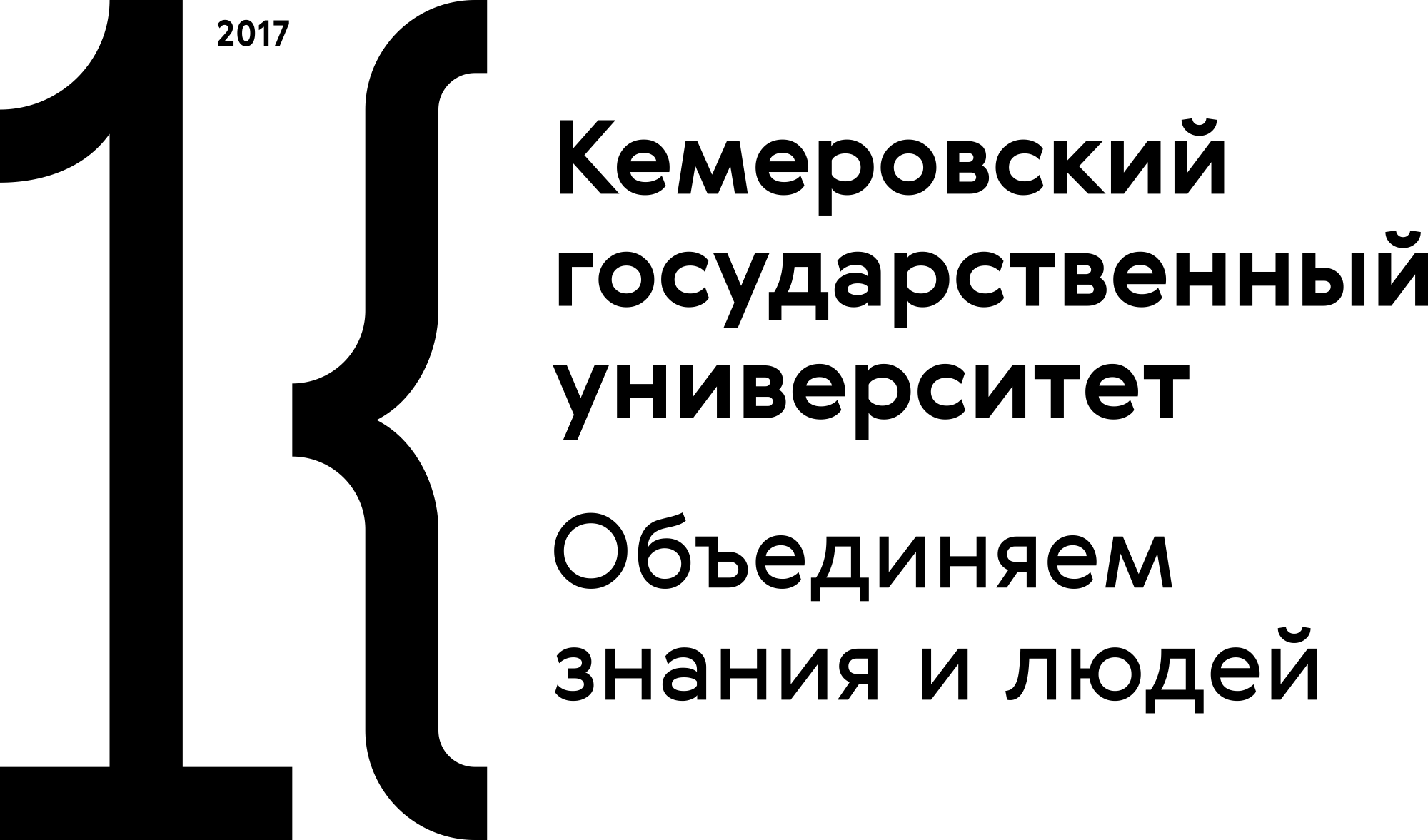Vologda, Russian Federation
Vologda, Russian Federation
UDC 33
Personnel training is an important strategic objective of innovative economy. The use of scientific and technological potential and the development of innovations ensure the economic growth of the modern economy. Only highly qualified specialists can make these factors work. The present research featured the problems of scientific and technical personnel training in Vologda region. The article presents a methodological basis that can be used to study innovative economic development. The number of researchers, engineers, and technical personnel has been going down for the last 25 years. The Vologda Scientific Center of the Russian Academy of Sciences conducted a survey among students and heads of local schools and colleges to analyze the conditions for the training of scientific and technical personnel in the region. The results can be used by the regional authorities to develop measures to improve the system of training, which will provide a smooth passage to innovative economy.
innovative economy, region, education, staffing, innovative development, innovation
1. Uskova T. V. Overcoming of inefficient economy barriers - dictates of the time. Problemy razvitiia territorii, 2012, 58(2): 7-17. (In Russ.)
2. Kondratev N. D. Large conjuncture cycles and the theory of foresight. Moscow: Ekonomika, 2002, 767. (In Russ.)
3. Schumpeter J. Theory of economic development. Moscow: Progress, 1982, 455. (In Russ.)
4. Mensch G. Basic innovations and innovations of improvement. Zhurnal ekonomiki predpriiatiia, 1972, (42): 291-297. (In Russ.)
5. Glazyev S. Yu. The modern theory of long waves in economic development. Ekonomicheskaia nauka sovremennoi Rossii, 2012, 57(2): 8-27. (In Russ.)
6. Melnik T. E. Problems of transition to innovative economy in Russia. Izvestiia Tulskogo gosudarstvennogo universiteta, 2017, (2-1): 3-9. (In Russ.)
7. Naumov I. V. Reproduction of research and engineering-technical personnel as the leading factor of innovation in Russia. Izvestiia UrGEU, 2015, 57(1): 71-77. (In Russ.)
8. Balykhin M. G., Balykhin G. A. Russian higher educational institution in the system of market relations: retrospective, current situation and ways of development. Problemy sovremennoi ekonomiki, 2014, 51(3): 320-326. (In Russ.)
9. Belyaeva G. D., Makarets A. B., Fedorenko G. A. Specialists training for innovation economy in the condudations of modernizations of higher education system. Sovremennye problemy nauki i obrazovaniia, 2012, (6). Available at: https://science-education.ru/ru/article/view?id=7572 (accessed 20.06.2019). (In Russ.)
10. Leonidova G. V., Panov A. M., Popov A. V. Problems of preserving labour potential in Russia. Problemy razvitiia territorii, 2013, 66(4): 49-57. (In Russ.)
11. Ushakova Yu. O. Problems and tasks of stimulating personnel reproduction under conditions of transition to innovative economy. Vestnik Cheliabinskogo gosudarstvennogo universiteta, 2019, (3): 87-97. (In Russ.)
12. Ushakova Yu. O. The specificity of pre-university personnel training for innovative economy. Nauchnye zapiski molodyh issledovatelei, 2018, (6): 47-52. (In Russ.) DOI:https://doi.org/10.24411/1994-2796-2019-10311
13. Gulin K. A., Mazilov E. A., Kuzmin I. V., Alferev D. A., Ermolov A. P. Scientific and technological potential of a territory and its comparative appraisal. Problemy razvitiia territorii, 2017, 87(1): 7-26. (In Russ.)
14. Vinslav Yu. B. National innovation system: relevance of formation, contours of conceptual model and integration mechanisms of realization. Russian Economic Journal, 2019, (2): 3-31. (In Russ.)
15. Henner V., Makarikhin I. Technical degradation. Ekspert, 2019, (20): 36-40. (In Russ.)

















